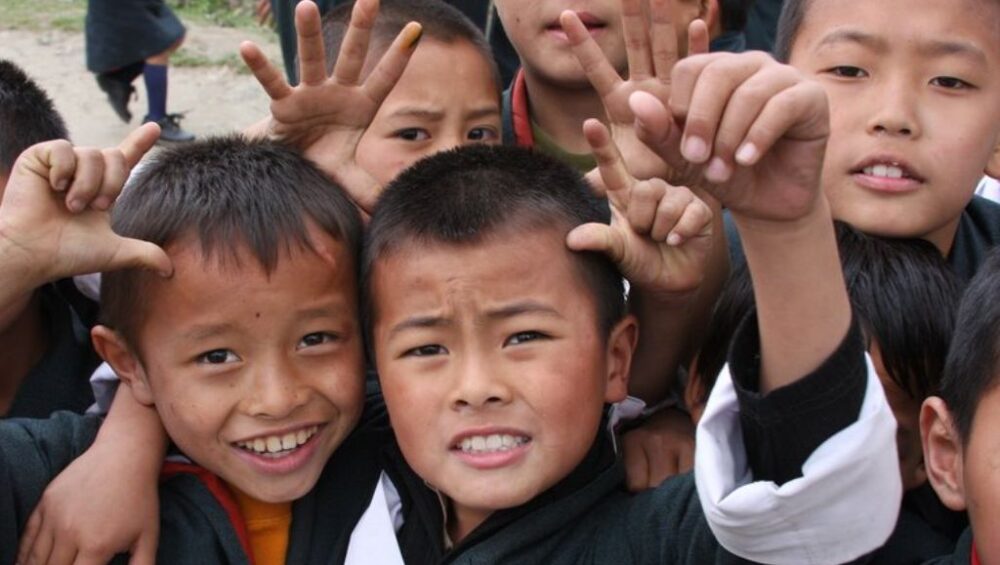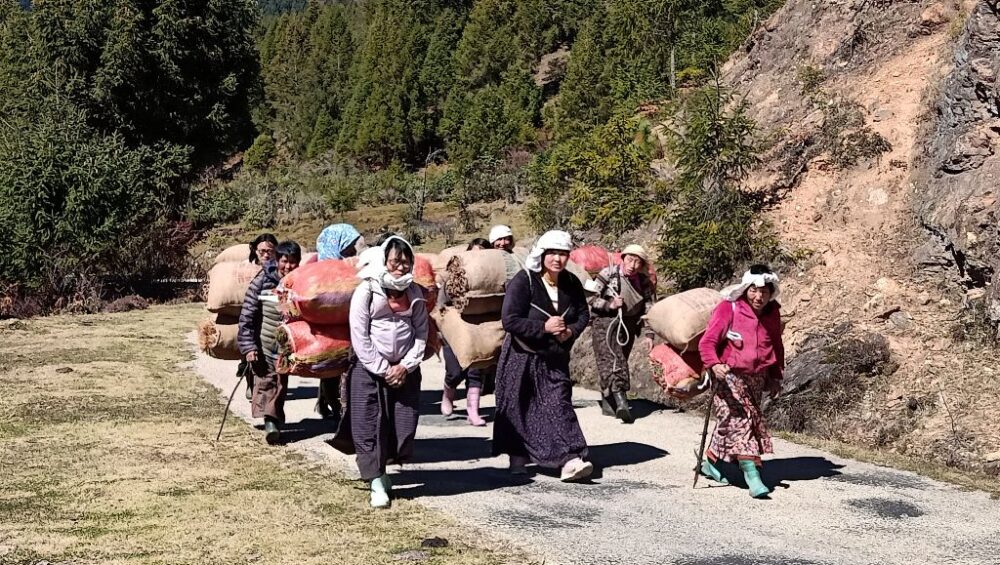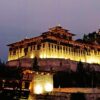If traveling is what you love and venturing out to a place significant to seamless nature is what you desire, Bhutan is undeniably the option to add to your list. The tiny Himalayan nation offers you one of world’s most original itinerant experiences.
And if you want to mix among the natives that are defined by colourful culture and traditions, you have made a good decision giving Bhutan as a destination, a thought. People in Bhutan are distinguished for their remarkably friendly nature. Also known as the Drukyul (the land of the thunder dragon), Bhutan is rich in many aspects the world still has not discovered. One such unique entity is the globally famous philosophy of the Gross National Happiness (GNH). This identity also marks Bhutan as the only country in the world, which empowers people’s happiness with the vision of GNH against the Gross Domestic Product.
Over the years, GNH has garnered inspiration to many nations in the world. With its abundant snow-capped mountains, pristine rivers and streams, ours is a country that has stunningly wide varieties of flora and fauna. Among them are many endangered and rare species of the world.
Buddhism is the most prevailing religion here, followed by Hinduism. In the recent times, Christianity has picked up. The constitution of the country allows the people freewill in the choice of religion. In addition, Bhutanese architecture that started during the 15th century is a unique identity of the country. It is rich in colour and captivating to the sight. A dzong (fortress) is the best instance you will realize the moment you land at the Paro International Airport.
The Himalayan kingdom also shares its border to the world’s two largest economies– China and India. With a population of not more than a 700,000, area measuring 38,394 square kilometer, Bhutan is globally recognised as a small developing country. However, with everything unique, beautiful and its potential to conserve and preserve this beauty, Bhutan holds a strong identity.
With the visionary nurture and virtuous efforts of His Majesty the Fourth King of the country, the tiny nation embarked into the democratic leadership in 2008. With its second parliament elections in 2013, Bhutan is one of the youngest democracies in the world.
The country that shied away from the world few decades ago is maintains a consistent and considerable growth in economy today. It has opened up to the world, more so with the democratic culture now. A travel to this exclusive and exotic nation, which is also known as the last Shangri-La, is a MUST!
Gross National Happiness (GNH)

For several decades now, Bhutan’s development has been guided by the philosophy of Gross National Happiness (GNH). It started in 1972. It goes beyond the concept of sustainable development and rather accentuates the concept of contentment and happiness.
Although it is inevitable Bhutanese strive for economic development in order to acquire greater status and wealth, what makes Bhutan exceptional is the common understanding to nurture everything that is Bhutanese.
Meanwhile, Bhutan is the first and only country in the world to have a government pronouncement the GNH as more important than the Gross Domestic Product (GDP).
Conceived by our Fourth King Jigme Singye Wangchuck, the philosophy is about belief that happiness can be achieved through development that balances the needs of the body with those of the mind within a stable and sustainable environment.
GNH stresses material enrichment must not lead to spiritual impoverishment and that it must address emotional, psychological and spiritual needs of the individual. Above all, GNH requires that the Endeavor of the government must be to create conditions that would enable its citizens to pursue happiness.
GNH has four pillars that set space to connect happiness with the people and the country. The four pillars are: sustainable and equitable socio-economic development, environment conservation, the preservation of and promotion of culture, and good governance. Although criticisms have come onboard from several countries, GNH has gained reputation worldwide. Bhutan is considered one of the happiest places to live on earth today.
The four pillars of GNH
1) Equitable and sustainable socioeconomic development
2) Preservation and promotion of culture
3) Conservation of the environment
4) Promotion of good governance






